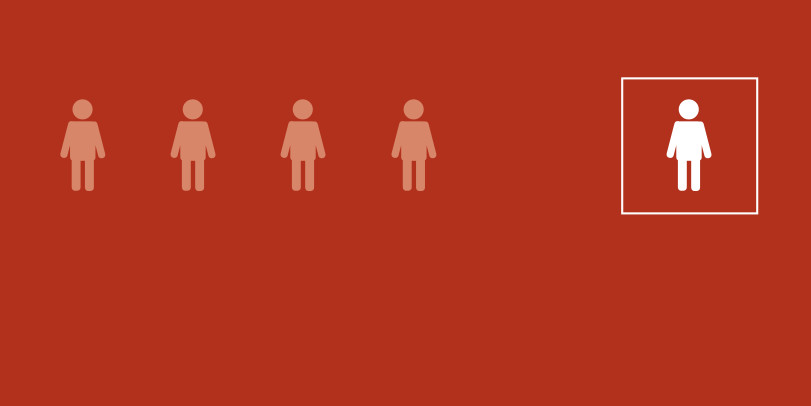The Use and Consequences of Solitary Confinement
Research by Dr Sharon Shalev, Research Associate at the Centre for Criminology has informed and helped to shape the debate on the use and consequences of solitary confinement.
 The widespread use of solitary confinement and its effects on prisoners have, in recent years, become both an increasingly live issue for politicians and policy makers and an issue of growing concern for the Courts in a number of jurisdictions across the world. Dr Shalev's published work and engagement with decision makers, practitioners, prisoners and other stakeholders, have been important in informing and influencing the debate.
The widespread use of solitary confinement and its effects on prisoners have, in recent years, become both an increasingly live issue for politicians and policy makers and an issue of growing concern for the Courts in a number of jurisdictions across the world. Dr Shalev's published work and engagement with decision makers, practitioners, prisoners and other stakeholders, have been important in informing and influencing the debate.
Dr Shalev's ongoing work on the use, regulation and consequences of solitary confinement in prisons and other places of detention across the world has made her an acknowledged authority on the subject. A number of courts, including the English Court of Appeal and the Supreme Court of Queensland have cited Dr Shalev’s influential "Sourcebook on Solitary Confinement" (Mannheim Centre, 2008) and it is also widely used by practitioners in the field. This book has been translated into French, Mandarin and Russian translated into French, Mandarin and Russian with assistance from the International Committees of the Red Cross (ICRC) who also distributed copies of the Sourcebook to its field offices across the world.
In 2007, Dr Shalev was involved in drafting the Istanbul Statement on the Use and Effects of Solitary Confinement (2007). As a member of the Essex Group, a group of academics and NGOs set up to help revise the UN Standard Minimum Rules for the Treatment of Prisoners, she was instrumental in the drafting of the section relating to solitary confinement. The revised Rules, including many of the revisions proposed by the Essex Group have now been adopted by the UN.
Monitoring and inspection bodies, national, regional and international have also cited Dr Shalev’s work extensively. Her work is cited in a number of reports including the UN Special Rapporteur on Torture's reports (2008; 2011) and the European Committee for the Prevention of Torture's report (2010-2011) focusing on solitary confinement. The Office of the Correctional Investigator (Canada), several National Preventative Mechanisms (including England and Wales, New Zealand and Norway), and NGOs from across the world have also cited her work extensively.
In addition to these impacts on policy, her research has had a particular impact on the work of prison health practitioners. She was invited by the World Health Organisation to speak about the health effects of solitary confinement and issues of medical ethics at meetings of the WHO's Health in Prisons group, whose members include prison physicians and heads of Prison Health from across the world, and was later invited to contribute a chapter on the subject for the World Health Organisation's publication "Prisons and Health: a Guidebook" (WHO, 2014). In addition to this, she regularly teaches on specialist courses including for prison health staff and managers of prison health care systems in both Europe and in North America. She also taught on courses for health staff working in police detention in England and Wales.

